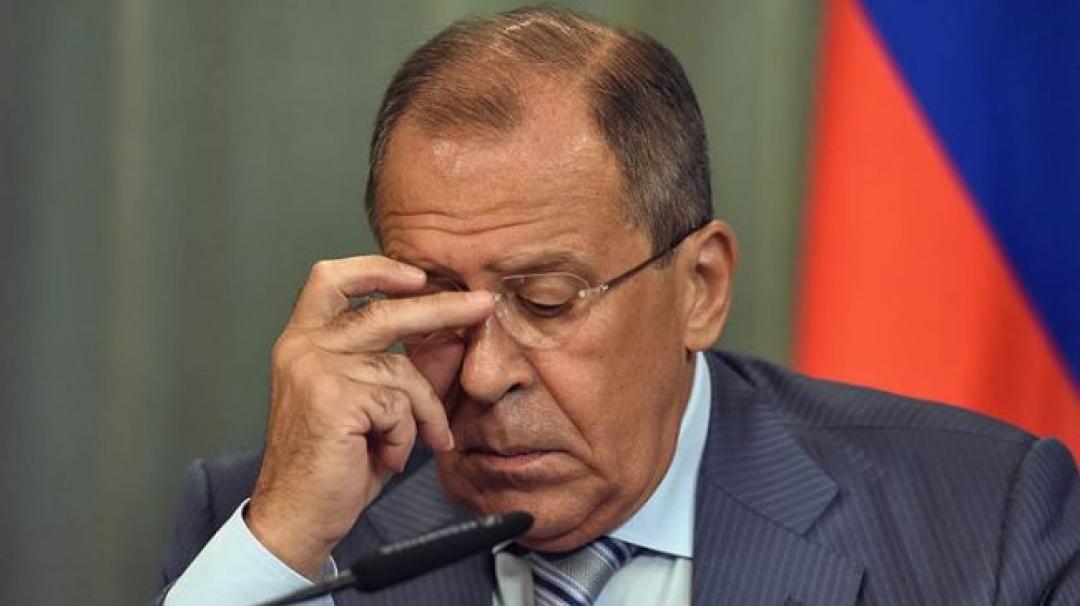
From Opposition to Power: Russian FM Analyses Pashinyan's Political Evolution

On March 29, Russian Foreign Minister Sergey Lavrov offered insights into the evolution of Armenian Prime Minister Nikol Pashinyan's political stance, tracing his trajectory from opposition activism to governance.
Lavrov recalled Pashinyan's leadership of the Yelk ("Exit") movement and its parliamentary faction during his time in opposition, noting their advocacy for Armenia's withdrawal from the Collective Security Treaty Organization (CSTO) and the Eurasian Economic Union (EAEU), with purported ties to the “Soros Foundation.” Lavrov highlighted Pashinyan's ability to mobilize crowds during protests in 2018, initially perceived as calls for the election of a new Prime Minister.
"After his election as Prime Minister, Pashinyan unequivocally supported Armenia's participation in the CSTO and the EAEU, emphasizing their importance for economic development and preventing Armenia's isolation in the South Caucasus," Lavrov remarked.
He recalled President Vladimir Putin's numerous meetings with Pashinyan, emphasizing Russia's stance of prioritizing Armenia's current approach over past affiliations. Lavrov underscored Pashinyan's acknowledgment of the significance of the CSTO and EAEU for Armenia's interests.
Lavrov noted Russia's active role in mediating and supporting efforts to normalize relations between Armenia and Azerbaijan until the conflict escalated in 2020. Amidst the war, Pashinyan sought Russia's support, highlighting the importance of their allied relations and CSTO membership. In response, President Putin dedicated significant efforts to brokering an agreement between Armenian and Azerbaijani leaders to cease hostilities.
Lavrov also emphasized that Armenia is aware of Moscow's perspective and understands Russia's readiness to contribute to the normalization of relations between Yerevan and Baku.
"We have openly conveyed all our assessments to the Armenian leadership. They are well aware that we remain committed to our obligations and are prepared to continue facilitating the normalization of their relations with Azerbaijan, ultimately completing this process. They are aware that amidst our genuine interest in stabilizing the situation and restoring relations between Yerevan and Baku, the European Union and NATO are taking actions to complicate this process," Lavrov stated.
Lavrov mentioned that there has been a lack of recent communication between the Armenian authorities and the Russian side, noting that his last meeting with Foreign Minister Ararat Mirzoyan occurred in November 2023.
See Also


Mirzoyan Meets US Deputy Assistant Secretary Joshua Huck

Azerbaijani President Holds Talks with UAE and German Business Delegations on Economic Cooperation

Grigoryan Confirms Armenia’s Readiness to Dissolve OSCE Minsk Group Upon Peace Treaty Signing

Azerbaijani Official Warns of Ecological Risks to Caspian Sea, Similar to Lake Urmia and Aral Sea

